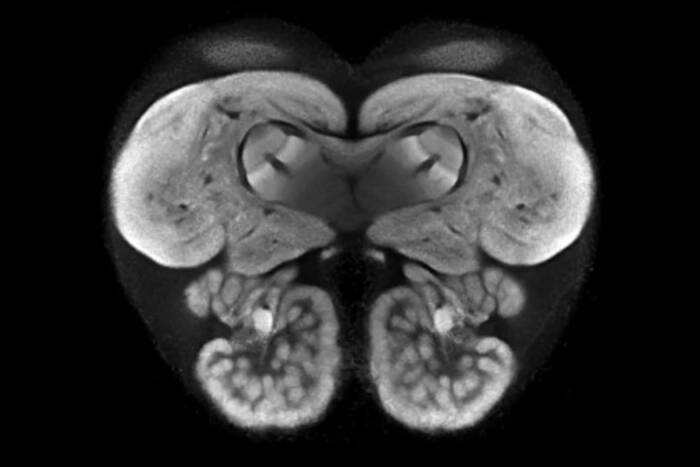Winrich Freiwald named Pew Scholar
Winrich Freiwald, a cognitive neuroscientist who uses imaging techniques to study the parts of the brain responsible for visual processing, has been named a 2010 Pew Scholar in the Biomedical Sciences. Freiwald will receive $240,000 over four years.
Established 25 years ago, the Pew Scholars Program has invested $125 million in 500 early-career scholars in basic and clinical sciences. The awards are made by the Pew Charitable Trusts, a philanthropy which invests primarily in public policy solutions, public information initiatives and civic life. Applicants are nominated by one of the 155 invited institutions and demonstrate excellence and innovation in their research.
Freiwald, head of the Laboratory of Neural Systems, is interested in the neural processes that form object representations in the brain, as well as those that allow attention to make those representations available for cognition. He earned his doctorate at the Max Planck Institute for Brain Research, in Frankfurt, Germany and was a research assistant at the Institute for Brain Research at the University of Bremen. Starting in 2001, he worked as a postdoctoral fellow at the Massachusetts Institute of Technology and Harvard Medical School. He joined The Rockefeller University as assistant professor in 2009. He is currently expanding his research by probing the central nervous system to understand how specific cells respond to faces and then relay and integrate their messages to produce social recognition. His research addresses questions and mechanisms that are relevant to interpersonal interactions, as well as disorders that interfere with basic neural processing skills, such as autism.
Freiwald is one of 21 Pew Scholars named this year. Previous Rockefeller awardees include Seth A. Darst, Nathaniel Heintz, Tarun Kapoor, Roderick MacKinnon, Tom W. Muir, Jeffrey V. Ravetch, Charles M. Rice and Hermann Steller.


